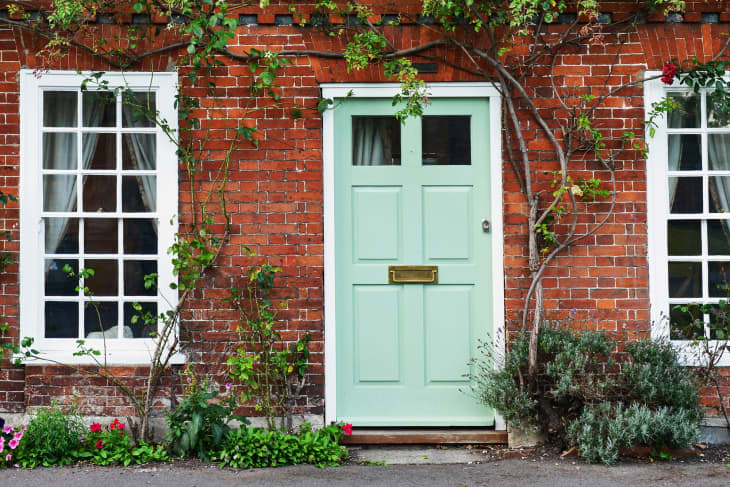What I Wish I Had Realized Before Looking to Buy a Foreclosure

In 2012, my husband and I decided to take the next big step together—investing in a starter home in Atlanta, Georgia. We had been married a little over five years, and my husband’s above-average credit score of 780 meant we would easily be approved for a mortgage. We sought a home in the $250,000 range with a mortgage of $1,200 per month that we could repay in 30 years.
We decided to only look at foreclosed homes since they were the most affordable option. They sounded like a great deal: They were the cheapest on the market, meaning I could manage the monthly payments with the earnings from one of my several part-time jobs at the time. We thought we were the perfect candidates for any realtor to work with. We had no pets, no kids, no dependents, and no prior legal misdemeanors of any nature. It felt like we were set.
But the limited inventory for foreclosed homes took us by surprise: When we entered the scene, there were many starter homes on the market. But since we only wanted to look at foreclosures and wanted to stay within the metro area, there weren’t many options available. Additionally, we were looking for a no-frills home: no big garden, backyard, attic, or basement. There were quite a few starter homes on the market that met these requirements, but not many were foreclosures. We actually had to accept that our homes would have some frills in order to find a foreclosure we liked.
After some concessions, we found a single family home we loved with a finished basement and three bedrooms—all within our budget. It was a pre-foreclosure, meaning the owners had received notice that their house would soon enter into foreclosure proceedings.
But again, there were more surprises for us. Homes go into foreclosure when owners default on their mortgage payments. Because the owners are cash-strapped, it sometimes translates that the properties aren’t well-maintained (they’re most likely funneling any extra cash towards their mortgage payments, not repairs). This means foreclosed homes usually require quite a bit of repair—both indoors and out—once they’re acquired by a new owner.
We thought it was perfect, but it soon became clear we overlooked a few things that later became too obvious to ignore.
With each visit, we noticed more scratches on the floor, dents in the wall, and missing kitchen tiles and doorknobs. There was structural damage we couldn’t see, either. The big blow arrived when the home inspection revealed we’d need to repair the roof. It would cost $5,000 even before we moved into the home–a cost that we had simply not prepared for at all. It was a cost our real estate agent couldn’t have predicted—and wasn’t mentioned by the owners in the foreclosure details.
Which brings me to the topic of the owners. I didn’t realize how complicated the situation was for them. We would be buying the home directly from the current homeowners—not the bank—before it officially went into foreclosure. Essentially, we would be taking the mortgage over from them. This all leads to you dealing with the current owners more than usual. They were around when we first visited a property. They were there the final time we looked at the home when we were unceremoniously asked to leave. It was too emotionally heavy for the owners.
I can totally understand this: They’re dealing with losing their home because they couldn’t make payments. It can be a very stressful and emotional time. It must be difficult having prospective buyers come in and look at your home when “putting it on the market” isn’t necessarily your choice. Though we were well within our legal rights as prospective buyers to be there, we had to leave to respect their wishes as the present tenants occupying the space. Later that week, we found that the owners had decided they wouldn’t sell.
We knew there wasn’t going to be another home on the market for this price, so we decided to end our quest for homeownership right then and there. We actually ended up moving to Los Angeles, where we now rent an apartment in Hollywood… for way more than we would have been paying for the foreclosed home.